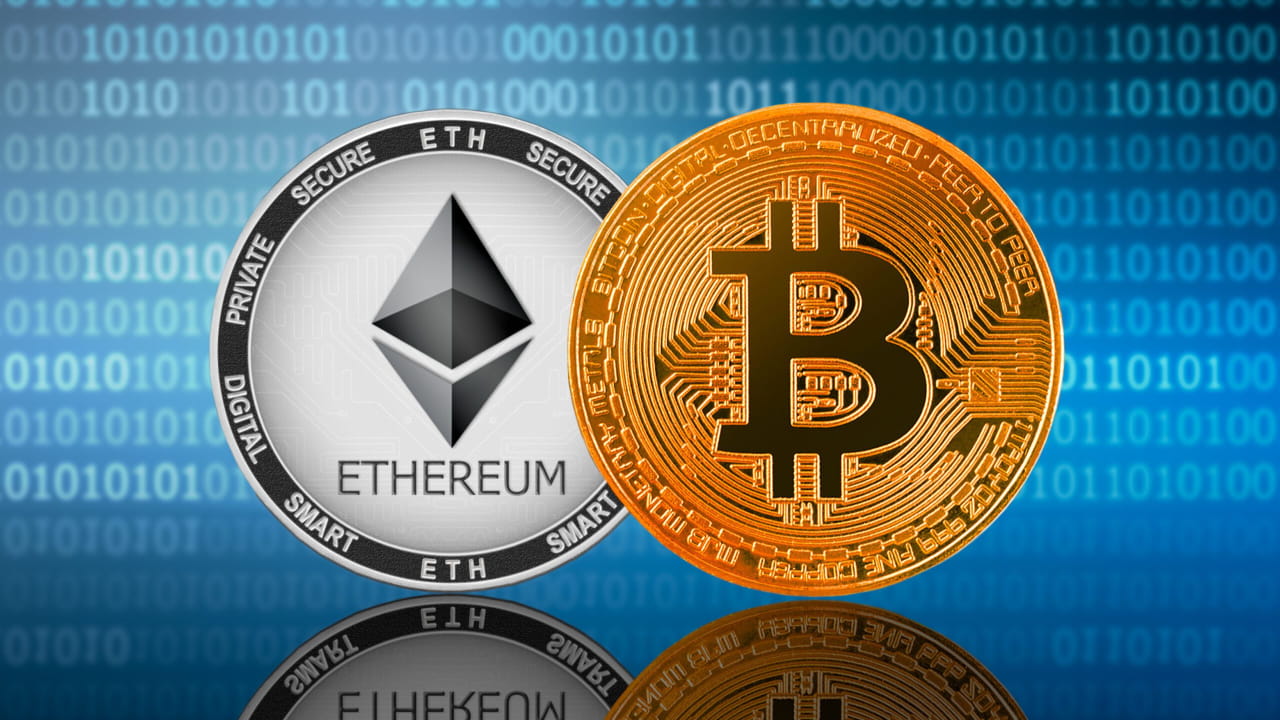Its launch in 2009, cryptocurrency has come a long way. Since its inception as an experimental digital currency, the cryptocurrency industry has experienced significant growth and is now influencing banks worldwide. Bitcoin, Ethereum, and other alternative cryptocurrencies are used by a diverse range of stakeholders, including individual investors and major financial institutions. Everything from market fluctuations and regulatory shifts to the most recent developments in Bitcoin, Ethereum, and the rest of the cryptocurrency ecosystem is covered on this page.
Bitcoin Surge: Institutional Inflation Impact
Initial cryptocurrency Bitcoin reaches 2021 bull run highs. Bitcoin rose beyond $63,000 for the first time in months. Institutional adoption, inflation fears, and retail investment drove this surge. Bitcoin’s popularity as a store of wealth drives its price. During global economic turmoil, like digital gold.Institutional investor.

Bitcoin has gained popularity in recent weeks. Due to Tesla, MicroStrategy, and Fidelity investments, traditional finance views Bitcoin differently. Bitcoin Exchange-Traded Funds (ETFs) are also becoming popular for passive Bitcoin investing. Institutional investment improves liquidity and price stability, increasing Bitcoin.
Ethereum’s Growth: DeFi and Ethereum 2.0
Ethereum, with its bigger use case and dApp development, has grown in popularity, although Bitcoin remains the most popular cryptocurrency. Bitcoin Development Global, Ethereum is the foundation of decentralized finance (DeFi), which lets users borrow, lend, trade, and earn interest on cryptocurrencies without banks. Bitcoin cannot execute smart contracts. DeFi projects’ TVL.
Topping $100 billion for the first time has increased Ethereum network activity in recent weeks. Ethereum-based DeFi systems like Uniswap, Aave, and Compound are popular because they remove middlemen and give clients more financial liberty. Ethereum 2.0, which will switch to a more energy-efficient proof-of-stake consensus process, is intended to scale the blockchain and cut transaction costs, which have hampered its growth.
NFTs Redefining Digital Ownership
Artists, musicians, and collectors are embracing non-fungible tokens in crypto. Digital art, music, videos, and online gaming are represented by NFT tokens. NFTs cannot be traded separately like Bitcoin or Ethereum. Due to their distinctiveness, NFTs are an attractive investment and a way for producers to monetize online.
High-profile sales. Celebrity endorsements increased NFT in 2021. Beeple’s digital artwork sold for $69 million at Christie’s, making it the third-most expensive living artist sale. Fans received exclusive Grimes and Kings of Leon content using tokenized assets. NFTs have created new art and collectibles and allowed creators to communicate with fans and make money.
Crypto Regulation Global Challenges
Popular cryptocurrencies make digital asset regulation harder for governments worldwide. US, China, and EU regulations rose. The SEC is investigating U.S. crypto projects for securities law breaches. The SEC sued unregistered securities exchanges, DeFi, and crypto exchanges. U.S. crypto regulations worry investors but illustrate how the country intends to structure crypto. Increase trust and openness.
China restricts Bitcoin sales and mining. China’s stance has driven mining companies to the U.S. and Kazakhstan, which have better legislation. Market concerns, Bitcoin mining decentralization, and sustainable energy surround China’s plan. Issuer and service provider markets in crypto-assets (MiCA) are being built by EU regulators. This project innovates digital assets and protects customers. In the coming years, countries governing cryptocurrencies differently will affect global crypto markets.
Future of Cryptocurrency Growth and Evolution
Expect cryptocurrency evolution. Bitcoin, as a store of wealth, and Ethereum, as a decentralized finance and smart contract leader, will likely lead the digital currency revolution. Bitcoin Development Global, However, new blockchains and cryptocurrencies may disrupt it. Cryptocurrencies play a part due to decentralized finance, NFTs, and institutional acceptance.

Growing global economic influence. Stronger regulations will boost cryptocurrency adoption as governments address security, fraud, and money laundering concerns. Investors must follow crypto news to manage this volatile market. Digital currency’s future is bright—trade Bitcoin, investigate Ethereum’s DeFi ecosystem, or invest in NFTs.
Summary
Digital innovations and cryptocurrency industry growth continue. Art, blockchain, and decentralized finance transform ownership, value, and money. Despite Bitcoin’s price rise, Ethereum dominates DeFi. NFT proliferation is one of many fascinating market developments. Coins will become more important in the global financial system as institutional use expands and regulations change. Bitcoin Development Global, This expansion carries risk; therefore, investors should be cautious and knowledgeable when navigating the cryptocurrency evolution Bitcoin market.


